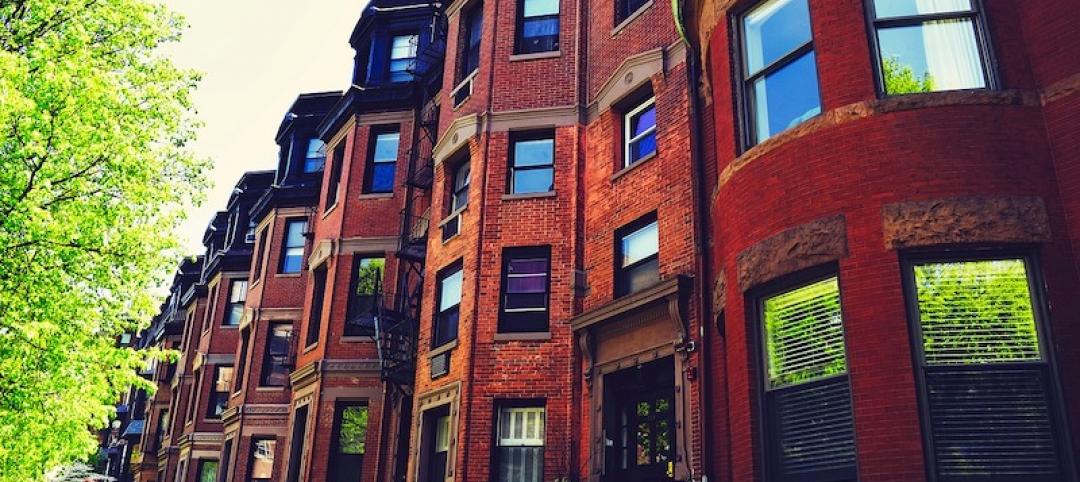The 2015 International Green Construction Code (IgCC) will include the option to use an outcome-based approach when complying with local building energy codes, the first time the IgCC has allowed this method.
Previously, building energy codes relied on two main pathways to demonstrate compliance: performance (modeling energy consumption), and prescriptive measures (following code-defined values for individual building components). Both approaches fail to fully account for how buildings use power once they are completed, occupied, and maintained, according to the Institute for Market Transformation (IMT).
The new provision will help communities to ensure energy-efficient buildings are meeting performance expectations. The outcome-based approach requires the building owner to provide the building’s utility bills for a 12-month period within three years. This will ease pressure on code departments and align with the growing number of energy benchmarking regulations across the country, IMT says.
The decision to include an outcome-based pathway in the 2015 IgCC will directly influence future editions of the IgCC and other codes such as the Energy Conservation Code. This should smooth the process of including ASHRAE Standard 189.1 and the LEED green building program into the development of the IgCC, IMT says.
(http://www.imt.org/news/the-current/outcome-based-pathway-is-voted-into-the-2015-igcc)
Related Stories
Codes and Standards | Mar 23, 2021
The 15-minute city may not work in much of North America
Segregated neighborhoods and car-centric cities may not adapt to the European model.
Codes and Standards | Mar 22, 2021
Think tank offers plan for new approach to reduce neighborhood poverty
Strategy uses more targeted approach to invest in low-income areas.
Codes and Standards | Mar 19, 2021
California city bans construction of new gas stations
Existing stations will not be allowed to add more pumps.
Codes and Standards | Mar 18, 2021
Congressmen ask Biden to tackle rising lumber costs
Rising materials costs and supply shortages threaten economic recovery, housing starts.
Codes and Standards | Mar 16, 2021
Massachusetts bill would mandate rooftop solar on new homes, commercial buildings
Proposed Bay State mandate modeled on California’s.
Codes and Standards | Mar 15, 2021
Nevada may create areas for tech companies to form own governments
Legislation calls for ‘Innovation Zones’ that could become smart cities.
Codes and Standards | Mar 11, 2021
Los Angeles commits to carbon-free city buildings
City will take into account embedded carbon when contracting to buy construction products.
Codes and Standards | Mar 10, 2021
‘Smart retrofitting’ will be crucial to net zero aspirations
AI, analytical software, Internet of Things are keys to decarbonization of built environment.
Codes and Standards | Mar 9, 2021
Salt Lake City is first jurisdiction to adopt new standards for off-site construction
Code Council and Modular Building Institute developing standards and compliance protocols.
Codes and Standards | Mar 8, 2021
Hyperlocal zoning could spur more affordable housing construction
Letting blocks and streets pass their own rules could have impact.

















